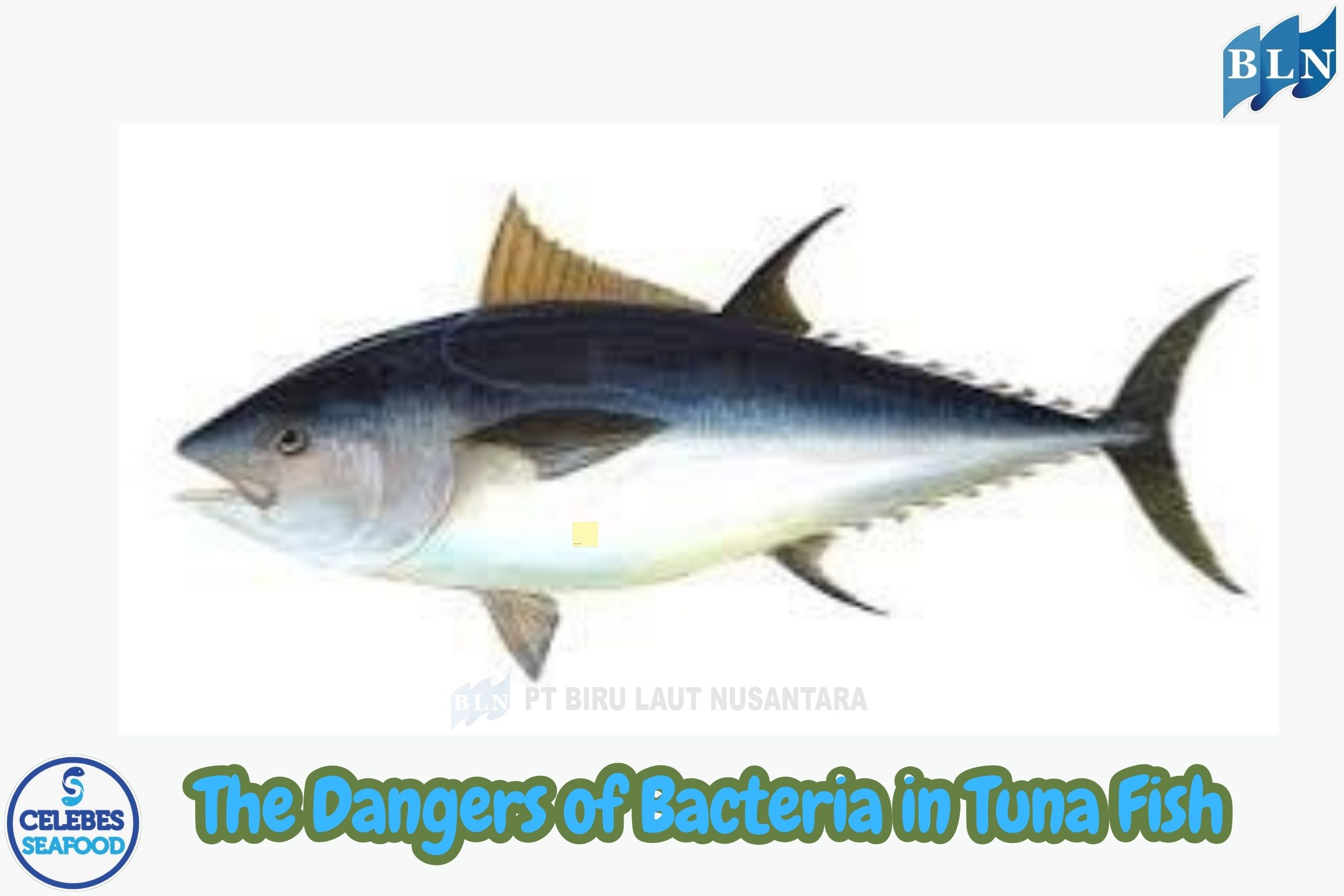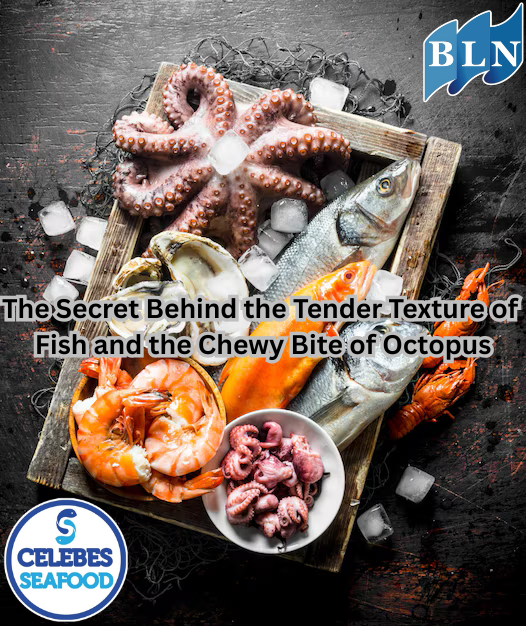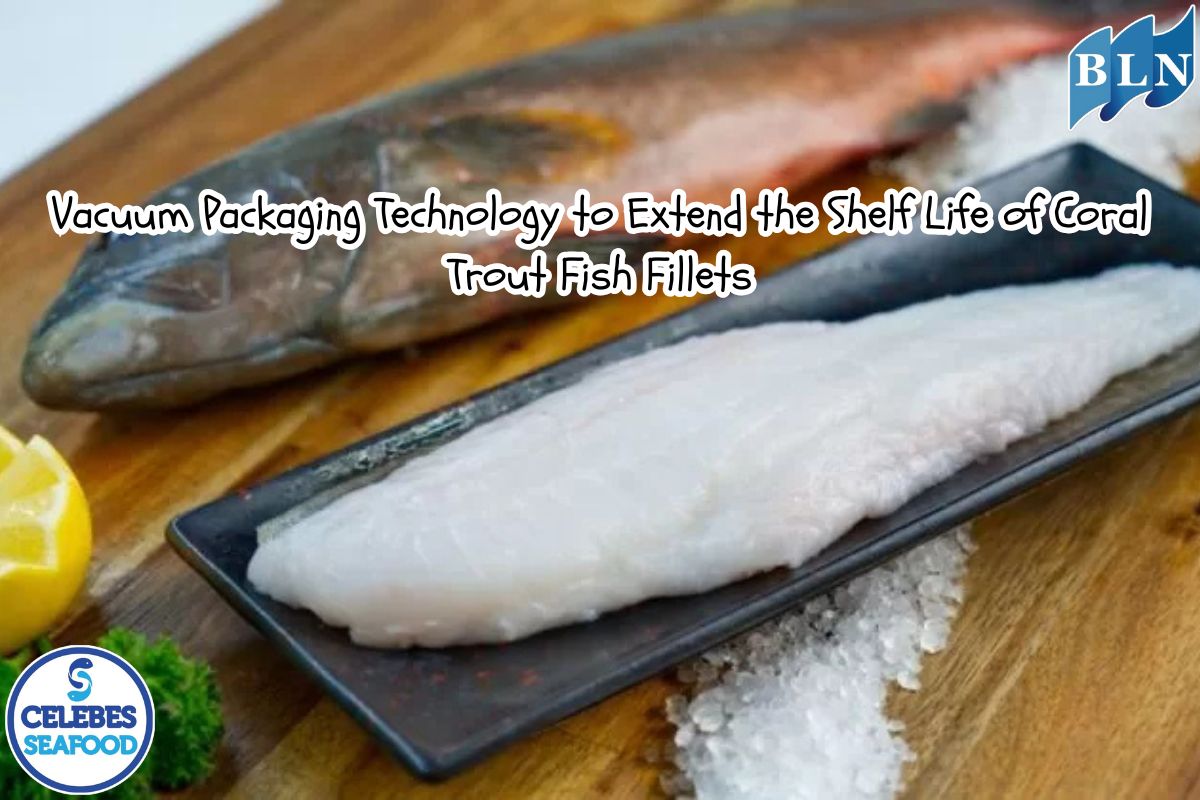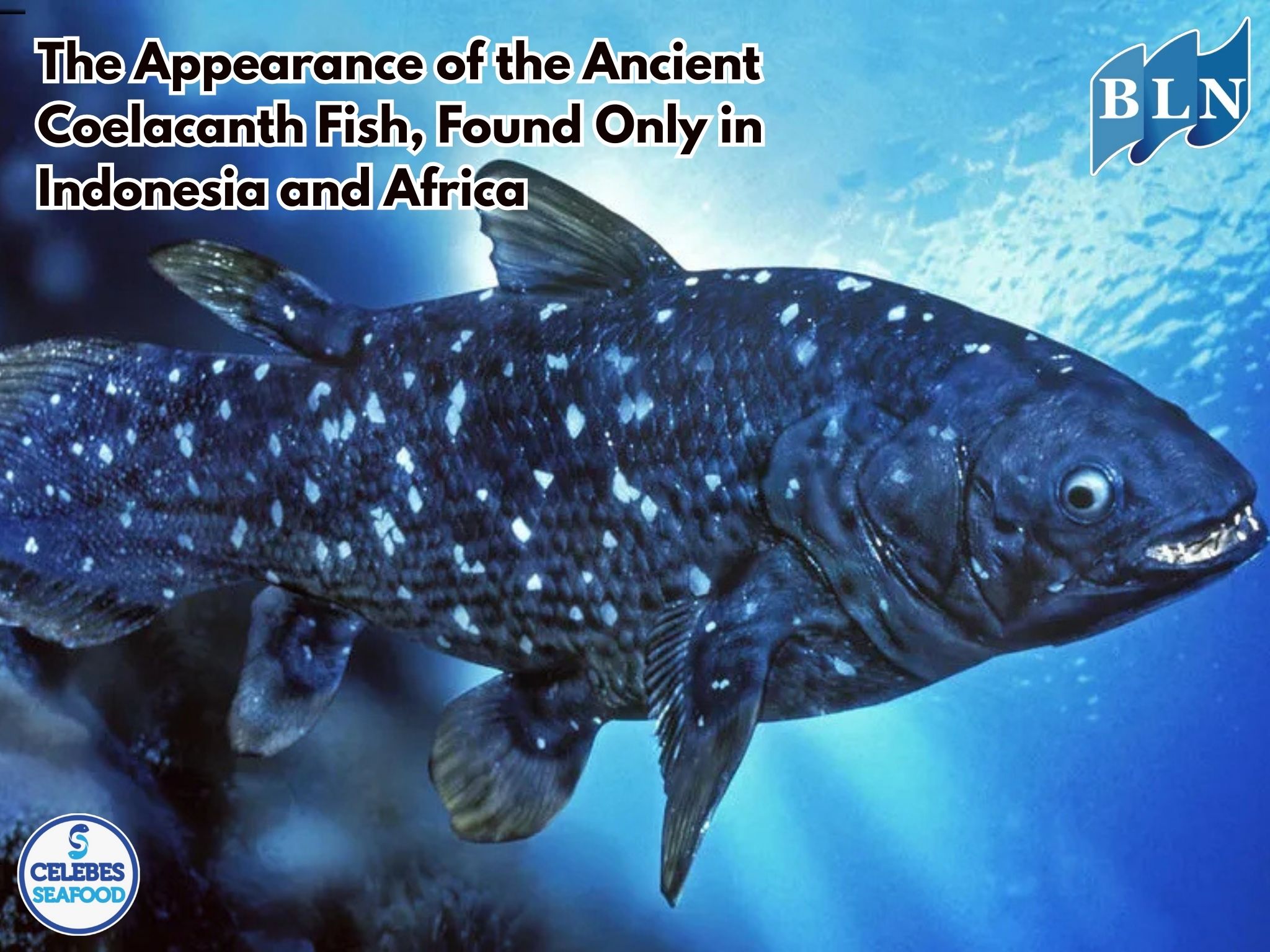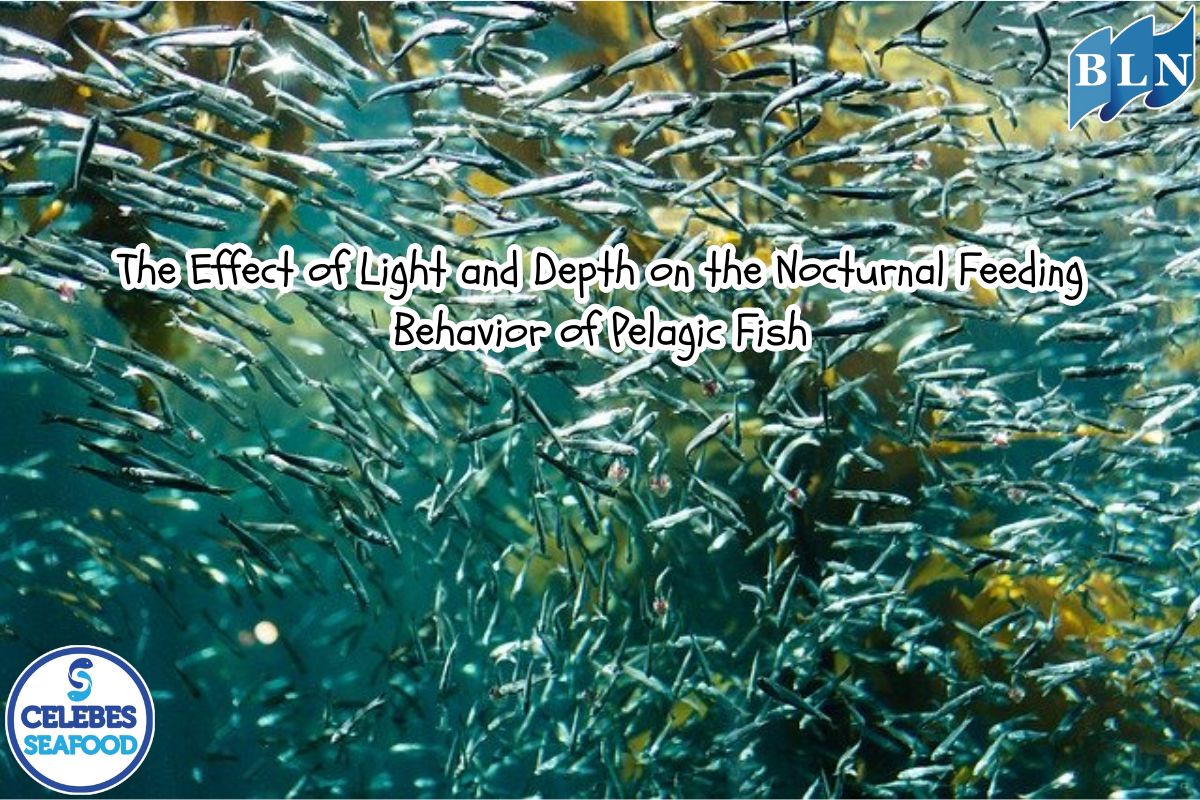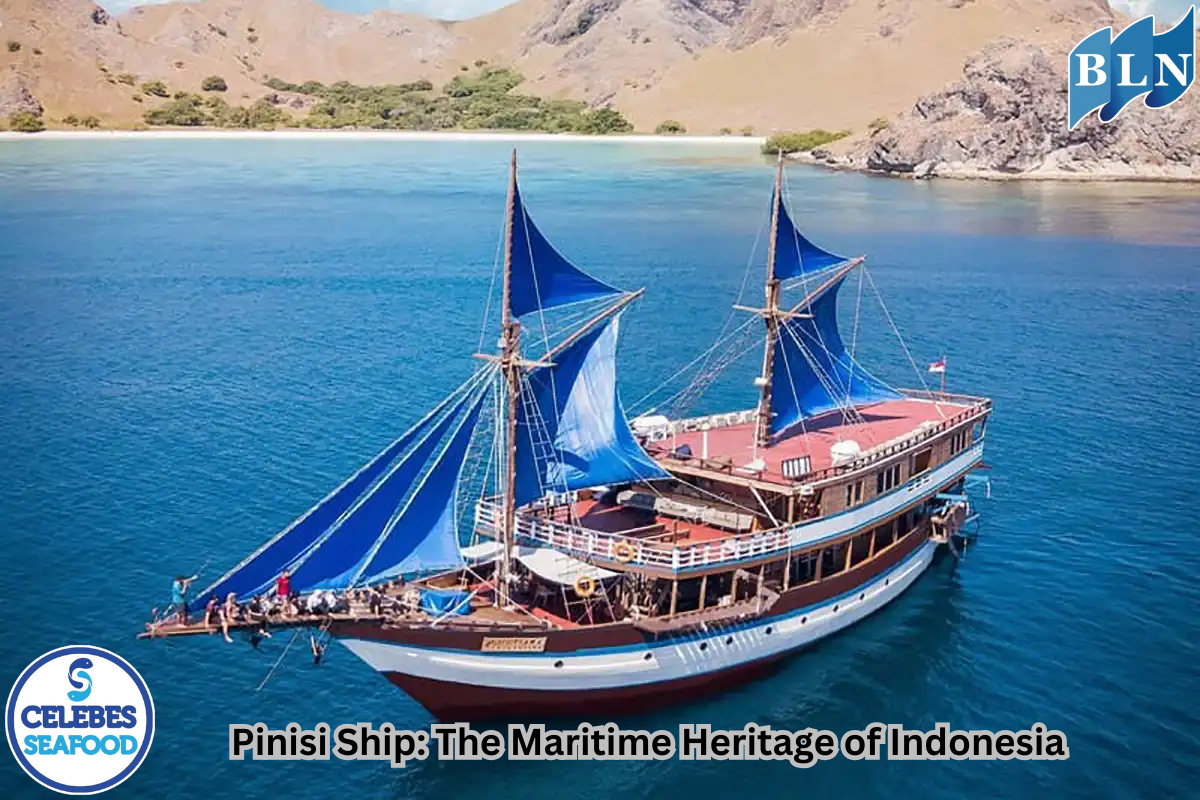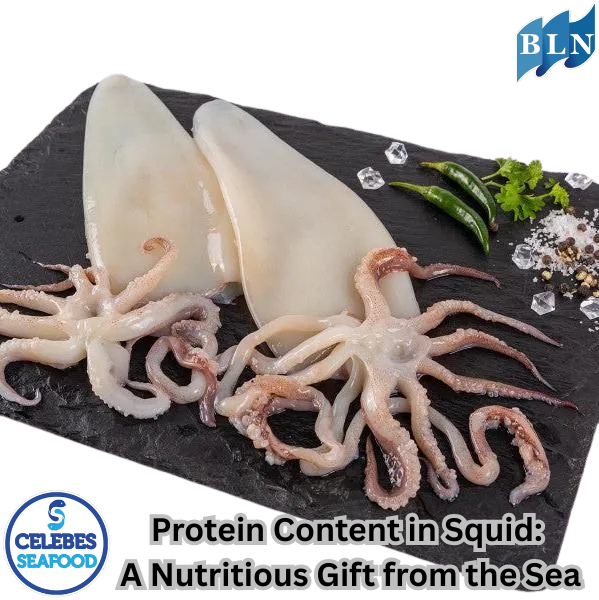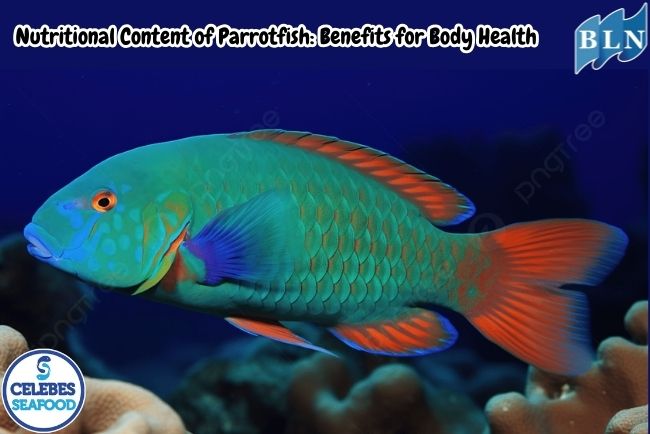International Certification and Standards: The Foundation of Competitive Fisheries Exports
By. Edi - 03 Jul 2025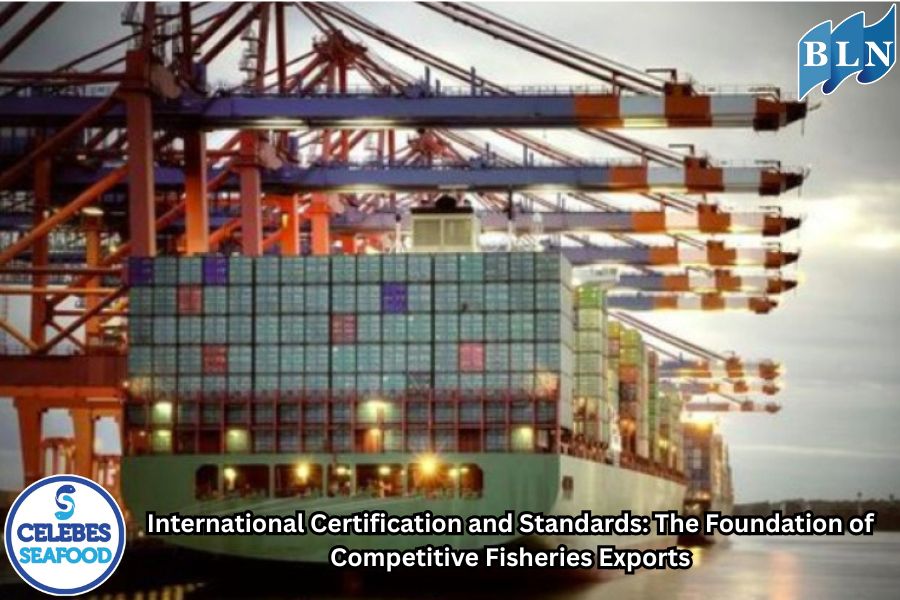
lautnusantara. com In the midst of tight global market competition, fisheries exports are no longer just about the availability of commodities, but also quality and trust. This is where certification and international standards play a crucial role, becoming the main foundation for Indonesian fisheries products to compete competitively in the world market. Without recognition from global standards institutions, our fisheries products will have difficulty penetrating major markets such as Europe, the United States, Japan, and China.
A. Why is Certification Important?
Certification is a guarantee that a fisheries product has met certain requirements, both in terms of food safety, quality, sustainability, or responsible fishing/cultivation practices. For importers and consumers in developed countries, certification is no longer an option, but a necessity. This helps them ensure that the products they buy are safe to consume, ethically produced, and do not damage the environment.
Some of the main benefits of having international certification for fisheries exporters include:
- Increased Consumer Trust: Certification builds the reputation and credibility of products in the eyes of global buyers.
- Wider Market Access: Many countries have strict regulations that require imported products to be certified. Without it, the market doors can be tightly closed.
- Higher Resale Value: Certified products are often priced higher due to the quality and sustainability guarantees attached to them.
- Reduced Risk of Rejection of Goods: By meeting standards from the outset, the potential for rejection at the port of destination due to non-conformity is minimized.
- Increased Operational Efficiency: The process of achieving certification often drives improvements in best practices in quality management and operations.
B. Key International Standards in Fisheries Exports
There are a variety of international standards and certifications relevant to fisheries products. Each has a specific focus and requirements. Some of the most well-known include:
- HACCP (Hazard Analysis and Critical Control Points): This is the most fundamental food safety management system, ensuring that products are free from biological, chemical and physical hazards. Almost all export destinations require the implementation of HACCP.
- ISO (International Organization for Standardization): Various ISO standards, such as ISO 22000 (Food Safety Management Systems) or ISO 9001 (Quality Management Systems), are relevant to the production and management processes in the fisheries industry.
- BRC Global Standard for Food Safety: This standard is very popular in the European and UK markets, focusing on the safety, integrity, legality, and quality of food products.
- GlobalGAP Aquaculture: Specifically for aquaculture products, GlobalGAP sets standards for responsible farming practices, including animal welfare, food safety, and environmental impact.
- MSC (Marine Stewardship Council) and ASC (Aquaculture Stewardship Council): These are highly recognized sustainability certifications. MSC is for sustainable capture fisheries, while ASC is for environmentally and socially responsible fish farming. Products with this label demonstrate a commitment to practices that do not damage the ecosystem.
C. Challenges and Hopes for Indonesian Fisheries Exports
Although important, the process of obtaining international certification is not without challenges. Farmers, fishermen, and fish processors, especially small and medium-scale, often face cost constraints, lack of understanding of the requirements, and bureaucracy. Therefore, the role of the government and various supporting institutions is vital in providing facilitation, training, and assistance.
The Indonesian government through the Ministry of Marine Affairs and Fisheries (KKP) continues to encourage fisheries business actors to adapt to global standards. With more and more Indonesian fishery products that are internationally certified, our competitiveness in the global market will be stronger. This is not only about meeting the requirements, but also about building a positive image that Indonesian fishery products are safe, high-quality, and sustainably produced.
With a solid foundation of international certification and standards, Indonesian fishery exports can continue to grow, providing significant economic benefits, while preserving our marine resources for future generations.
If you are interested in our Coral Trout Fillet Skin On, CORAL TROUT WGG WHOLE GILLED GUTTED, TOMATO COD WHOLE GILLED GUTTED please do not hesitate to contact us through email and/or whatsapp.
.jpg)
